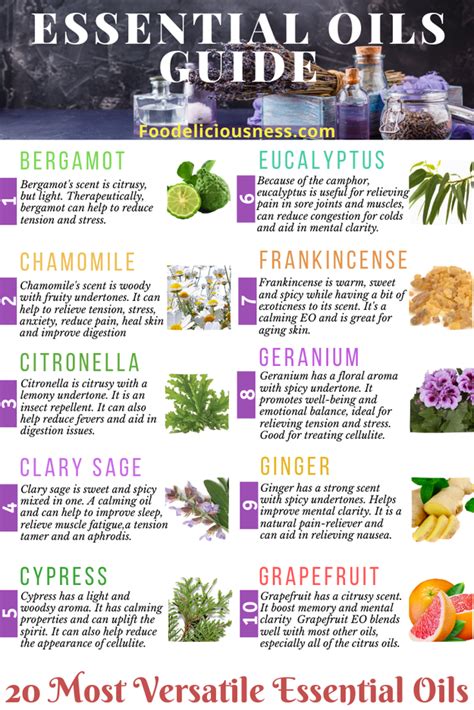Essential oils offer a natural approach to wellness, but using them safely requires a carrier oil to dilute their potency. Discover the key benefits of base oils, their diverse types, and practical tips for selecting the perfect match for your essential oil blends.

What Are Base Oils?
Base oils are plant-based oils that lack a strong aroma and can dilute essential oils for topical application. They serve as a medium to carry the essential oils onto the skin and prevent direct contact, which can cause irritation or sensitization.
Why Use Base Oils?
- Dilution: Essential oils are highly concentrated and can be harsh on the skin when applied directly. Base oils help dilute their potency, making them safe for topical use.
- Enhanced Absorption: Base oils facilitate the absorption of essential oils into the skin, allowing their therapeutic benefits to penetrate more effectively.
- Reduced Irritation: Essential oils can irritate sensitive skin, but diluting them with base oils reduces this risk.
- Prolonged Effects: Base oils help slow down the evaporation of essential oils, extending their fragrance and therapeutic properties.
Types of Base Oils
1. Fractionated Coconut Oil
- Benefits: Lightweight, odorless, and non-greasy; suitable for all skin types, including sensitive skin.
- Applications: Aromatherapy, body care, massage.
2. Sweet Almond Oil
- Benefits: Rich in fatty acids, nourishing for the skin; contains vitamin E, an antioxidant that protects against free radical damage.
- Applications: Aromatherapy, facial care, hair care.
3. Jojoba Oil
- Benefits: Similar to the skin’s natural sebum; hypoallergenic and non-comedogenic (won’t clog pores).
- Applications: Aromatherapy, skincare, massage.
4. Grapeseed Oil
- Benefits: Rich in antioxidants; lightweight and absorbs quickly; suitable for oily or acne-prone skin.
- Applications: Aromatherapy, massage, hair care.
5. Argan Oil
- Benefits: High in vitamin E and fatty acids; nourishing and anti-aging properties.
- Applications: Aromatherapy, skincare, hair care.
6. Olive Oil
- Benefits: Rich in antioxidants; nourishing and moisturizing.
- Note: Use extra virgin olive oil for aromatherapy, as it has a stronger aroma than refined olive oil.
How to Choose a Base Oil
Consider Your Skin Type:
- Sensitive skin: Fractionated coconut oil, sweet almond oil, jojoba oil
- Oily or acne-prone skin: Grapeseed oil, jojoba oil
- Mature skin: Argan oil, olive oil
Consider the Essential Oil Blend:
- Citrus oils: Fractionated coconut oil, grapeseed oil
- Floral oils: Sweet almond oil, jojoba oil
- Woodsy oils: Argan oil, olive oil
Other Factors:
- Viscosity: Thicker oils (e.g., argan oil, olive oil) are more suitable for massage and body care, while thinner oils (e.g., fractionated coconut oil) are better for aromatherapy.
- Absorption Rate: Oils that absorb quickly (e.g., grapeseed oil) are ideal for quick relief, while oils that absorb more slowly (e.g., argan oil) provide longer-lasting effects.
Practical Tips for Using Base Oils
- Use a 1:10 ratio of essential oil to base oil for topical application.
- Apply a small amount of the blend to a patch of skin on the inner forearm before full-body use to test for any allergic reactions.
- Store essential oil blends in dark glass bottles in a cool, dry place.
- Dispose of expired blends safely according to local regulations.
Table 1: Benefits of Base Oils
| Base Oil | Benefits |
|---|---|
| Fractionated Coconut Oil | Lightweight, odorless, non-greasy |
| Sweet Almond Oil | Rich in fatty acids, nourishing for skin, contains vitamin E |
| Jojoba Oil | Similar to skin’s natural sebum, hypoallergenic, non-comedogenic |
| Grapeseed Oil | Rich in antioxidants, lightweight, absorbs quickly |
| Argan Oil | High in vitamin E and fatty acids, nourishing, anti-aging |
| Olive Oil | Rich in antioxidants, nourishing, moisturizing |
Table 2: Applications of Base Oils
| Base Oil | Applications |
|---|---|
| Fractionated Coconut Oil | Aromatherapy, body care, massage |
| Sweet Almond Oil | Aromatherapy, facial care, hair care |
| Jojoba Oil | Aromatherapy, skincare, massage |
| Grapeseed Oil | Aromatherapy, massage, hair care |
| Argan Oil | Aromatherapy, skincare, hair care |
| Olive Oil | Aromatherapy, massage, hair care |
Table 3: Choosing a Base Oil for Different Skin Types
| Skin Type | Suitable Base Oils |
|---|---|
| Sensitive Skin | Fractionated coconut oil, sweet almond oil, jojoba oil |
| Oily or Acne-Prone Skin | Grapeseed oil, jojoba oil |
| Mature Skin | Argan oil, olive oil |
Table 4: Choosing a Base Oil for Different Essential Oil Blends
| Essential Oil Blend | Suitable Base Oils |
|---|---|
| Citrus Oils | Fractionated coconut oil, grapeseed oil |
| Floral Oils | Sweet almond oil, jojoba oil |
| Woodsy Oils | Argan oil, olive oil |
Conclusion
Base oils play a crucial role in the safe and effective use of essential oils. By understanding the benefits, types, and selection criteria for base oils, you can create potent aromatherapy blends that meet your individual needs. Embrace the transformative power of nature and enjoy the holistic benefits of essential oils while maintaining skin health and well-being.
